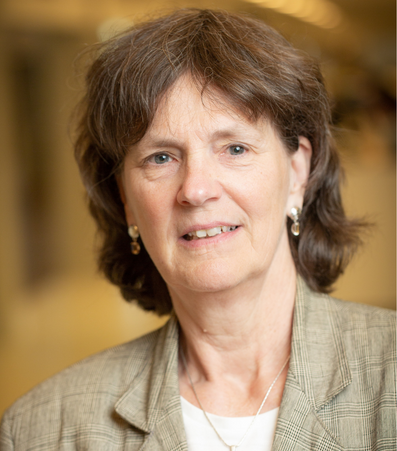The training was participated by 90 trainees of ASDC comprising 26 male and 64 females with an average of 24 years age group (45% were young adults of 18+, 40% falls under 25 to 30 age bracket and 15% are between 30 to 32 years. Most participants are unemployed with a mixed education level, among them with 12 years of study (high school certificate /HSC), 60% with10 years/secondary school certificate/SSC, 20% to 30% studied up to 8th grade. The TMT-trainers team along with the master trainers that were at VU Amsterdam conducted the sessions, with additional support from two factory resource persons.
"I did not know before that absence of 20% female workers due to their illness-related leave caused so much of national loss 35,000 crores of taka in this RMG sector! I was also not aware of the importance of understanding violence against women, except the physical part, but how much it affects the mental and emotional side of the female victims. I am amazed to learn all these issues along with the legal protection against violation thru child marriage, cybercrimes.. I got so much information and knowledge on the wellness issues of a female –about the reproductive health and illness associated with those. Initially, at the beginning of the course, I felt shy of some words, but the instructor apa and sir made those tolerable with explanations.."
[Views of Fariha Akhter Munni, 19 years old trainee who completed her 12 years of education (higher secondary school certificate) aspires to be a line supervisor or more in her career path by managing both her higher education and earning together in the coming days].
Subjects taught in the course are: Gender role and identity and perspective of socio-cultural diversity and inclusiveness; issues of SRHR and being well; child marriage- risk factors and legal implications; the importance of planning a family-ways and means; friendship-love, risky and safe behaviour; violence, sexual assault, cybercrimes - prevention & protection and legal aspects; workplace wellness; women at workplace - their health and wellbeing; reproductive health, wellness and productivity in general for both male and female and at the end reflections and planning of a quality life absorbing the learning issues.
Challenges we faced and how those are managed - the instructors both male and female faced initial stiffness and shyness towards the trainees. Some also had some kind of uneasiness in delivering the sessions and discussing issues related to SRHR terminologies and going deeper into the subjects. However, the instructors mitigated these issues by re-framing the subjects to more familiar and culturally accepted words. While male trainees were more interested in the illness related to sexual health and protection issues, the females were more interested in the impact of child marriage, legal and other protection mechanisms, as well as on cybercrimes and family planning and understanding the gender roles. Female trainees also showed their interest in the factory facilities and entitlements on maternal leave and leave related rules from the factory representatives who delivered two sessions in this course. The external speakers from two reputed Garment and Spinning Mills spoke about the factory rules and support areas, the role of the Compliance Officer in mitigating the problems of the workers, and also about the health support being provided in the Health Clinic of each factory.
Trainees’ views obtained through evaluation expressed the need for more use of audio-visual materials in each session as the piloting sessions were limited to oral and PowerPoint classes and some demonstrations with posters. Also, more time allocation of some subjects like gender and diversity, reproductive health, family planning will be beneficial. Recent investment support with female washrooms and inclusion of some specialized upgraded skills machinery by the project contributed to better facilities were appreciated by both the trainees and the trainers. Both the trainees and also the factory representatives found the two sessions about the factory rules and support areas very important, especially to have a chance to communicate with the ‘would be workers’, as well as ASDC trainees having an opportunity to hear from them first hand and being able to ask questions on job welfare and entitlement issues. ASDC has decided to incorporate this approach in all the regular courses starting from November ’21 onwards.
